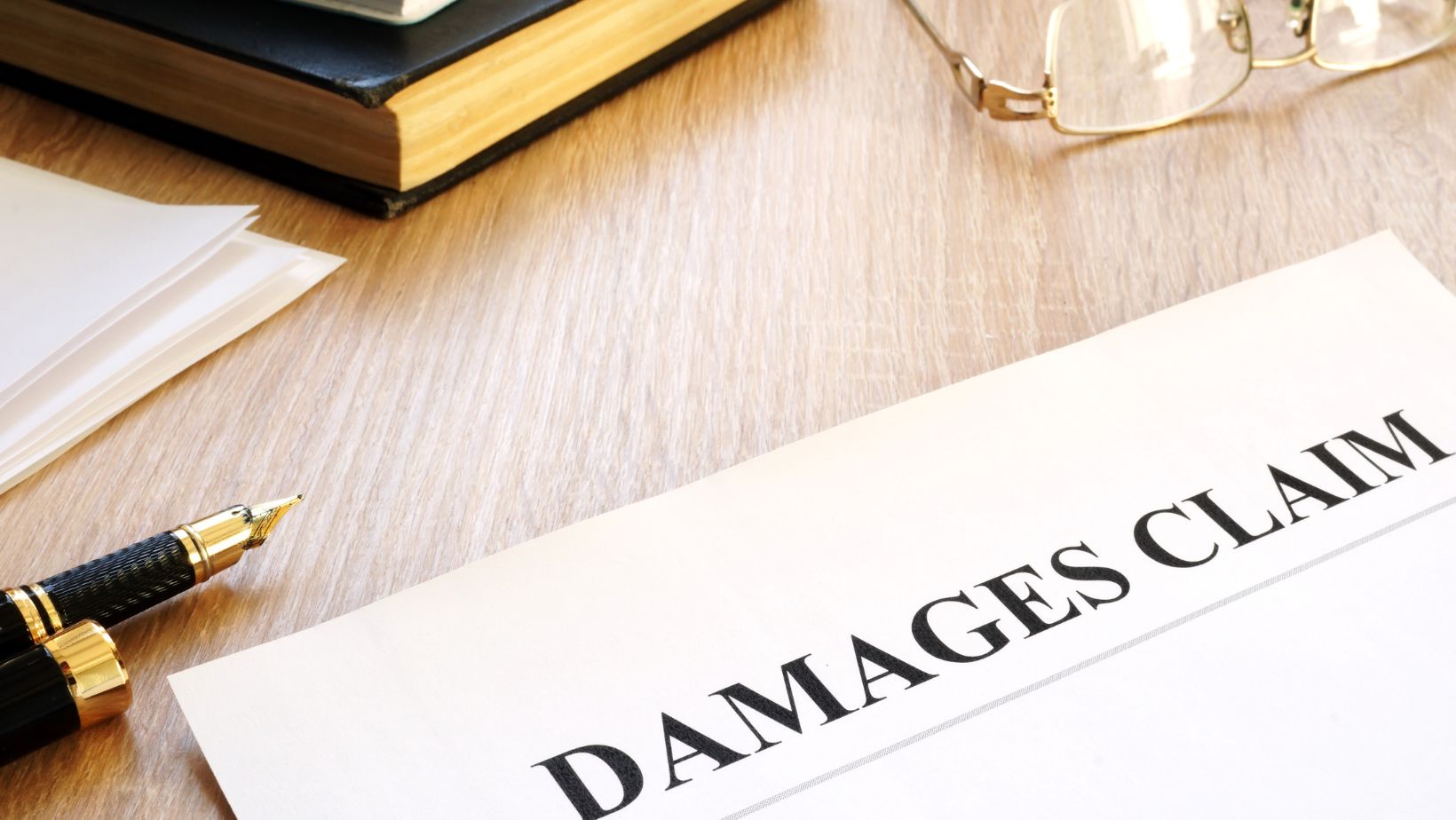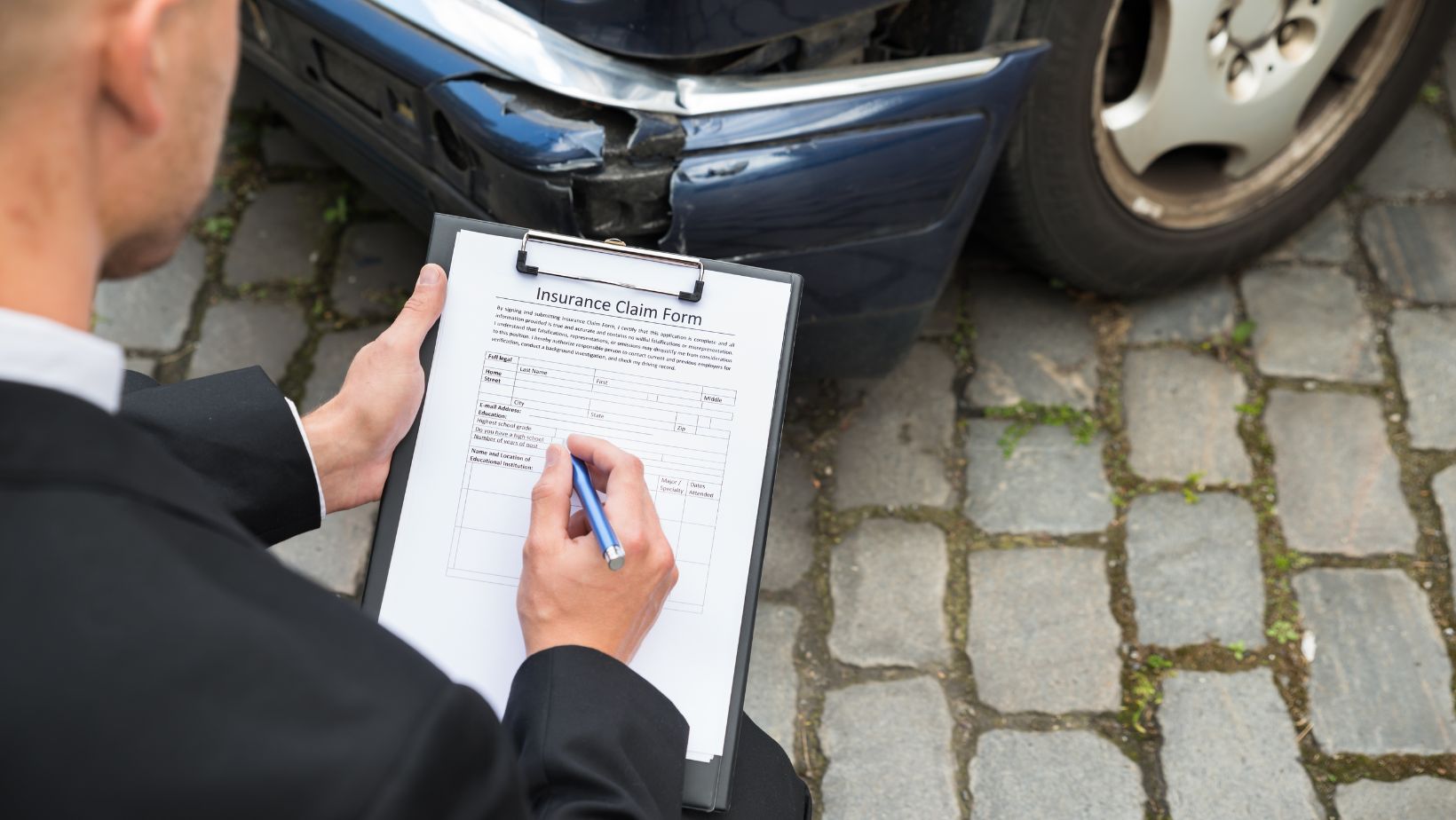Table of Contents
ToggleWhether it’s a car accident that left your vehicle banged up, storm damage that tore up your roof, or some freak accident that put a hole through your storefront window, property damage can honestly turn your life upside down pretty fast. Filing a property damage claim is usually the first step toward getting the compensation you need to fix things and get back to normal, but the whole process can feel really confusing and overwhelming if you’ve never had to deal with it before.
The good news? Understanding the right steps to take for a property damage claim in Orlando, FL can help you avoid frustrating delays, reduce a lot of the stress that comes with these situations, and even get paid faster so you can move on with your life.
From gathering the right evidence to negotiating effectively with insurance adjusters, every action you take can make a huge difference in how smoothly your claim goes.
Assess the Damage and Stay Safe
Before you do anything else, make sure everyone is safe and check for immediate hazards that could make the situation worse. We’re talking about things like gas leaks, exposed electrical wiring, structural damage that could cause collapse, or broken glass that could hurt someone. Your safety is way more important than documenting damage or preserving evidence.
Once you’ve made sure the area is safe, document the scene as quickly as possible while everything is still fresh and hasn’t been disturbed. The sooner you can capture what happened, the better your evidence will be for your insurance claim.
 Take lots of photos and videos from multiple angles. Don’t just snap one quick picture and call it good. Get wide shots that show the overall damage, close-ups that capture specific details, and images that show the context of how the damage occurred. Your phone is your best friend here.
Take lots of photos and videos from multiple angles. Don’t just snap one quick picture and call it good. Get wide shots that show the overall damage, close-ups that capture specific details, and images that show the context of how the damage occurred. Your phone is your best friend here.
Here’s something really important: avoid making any major repairs before your insurance company has a chance to inspect the damage. You can definitely do emergency repairs to prevent further damage, like covering a hole in your roof with a tarp, but hold off on fixing everything until the adjuster has seen it.
Study Your Insurance Policy
This might not be the most exciting reading, but understanding your insurance policy can save you a lot of headaches later on. You need to know what your coverage limits are, what your deductible is, and whether there are any exclusions that might affect your specific type of damage.
Check the deadlines for filing a claim because missing these can seriously hurt your chances of getting compensated. Some policies require you to report damage within a certain number of days, and insurance companies can deny claims if you wait too long.
Figure out whether your policy covers replacement cost or actual cash value because this makes a big difference in how much money you’ll get. Replacement cost means they’ll pay to replace your damaged property with something similar and new. Actual cash value factors in depreciation, so you get less money.
If you don’t understand something in your policy, don’t be afraid to call your insurance company and ask for clarification. It’s better to understand your coverage upfront than to be surprised later when you’re trying to collect on your claim.
Notify Your Insurance Company Promptly
Call your insurance company or file your claim online as soon as you possibly can after the damage occurs. Most companies have 24-hour claim reporting hotlines, so there’s really no excuse for waiting. The sooner you report the damage, the sooner the process can get started.
 Provide all the essential details they ask for: exactly when the damage occurred, where it happened, what caused it, and a basic description of what got damaged. Be honest and accurate, but you don’t need to provide a detailed analysis of every single thing that happened.
Provide all the essential details they ask for: exactly when the damage occurred, where it happened, what caused it, and a basic description of what got damaged. Be honest and accurate, but you don’t need to provide a detailed analysis of every single thing that happened.
Keep detailed records of every conversation you have with your insurance company. Write down who you talked to, when you called, what you discussed, and any claim numbers or reference numbers they give you. This documentation can be really valuable if there are disputes or misunderstandings later.
Be prepared to provide the documentation you gathered earlier, like photos and videos of the damage. Many insurance companies can accept these electronically, which can speed up the initial claim processing.
Get the Money You Deserve
Thorough documentation, clear communication with your insurance company, and persistence when dealing with adjusters are honestly your best tools for getting a fair settlement. Don’t be afraid to ask questions, provide additional evidence, or even seek legal advice if you feel like you’re not being treated fairly.
By staying organized and proactive throughout the process, you’ll significantly increase your chances of getting the compensation you deserve and reduce the time it takes to resolve your claim and get your life back to normal.

